The peculiar, old-school charm of pachinko
Japan's version of pinball has long been immensely popular. But it is struggling to lure new, technology-inundated fans
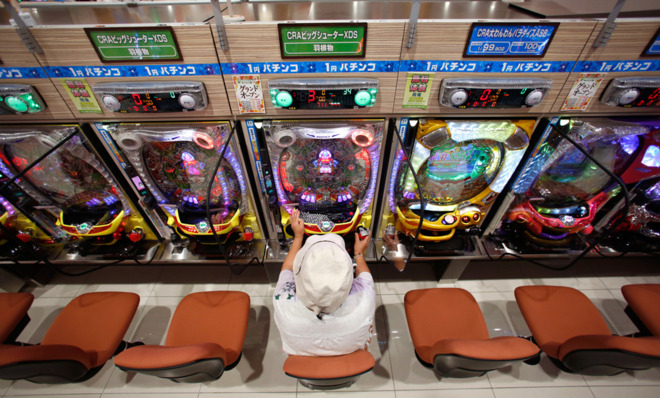
A free daily email with the biggest news stories of the day – and the best features from TheWeek.com
You are now subscribed
Your newsletter sign-up was successful
For decades, entering a pachinko hall in Japan meant you were immediately accosted by the smell of wafting cigarette smoke, the sound of thousands of rattling silver balls, and the sight of row upon row of (mostly male) gamblers sitting patiently, waiting for the big score.
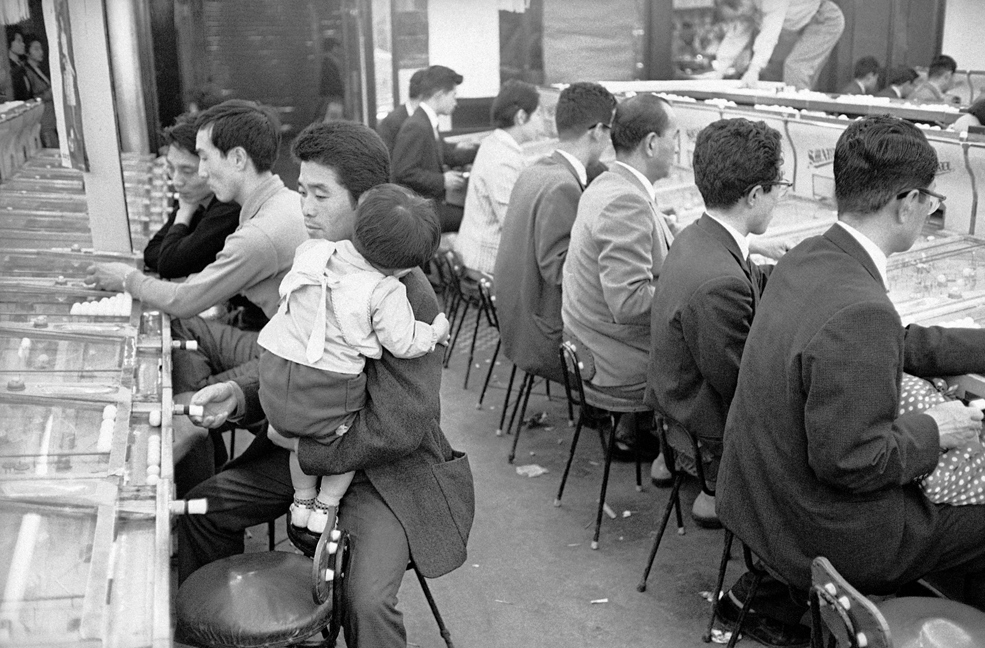
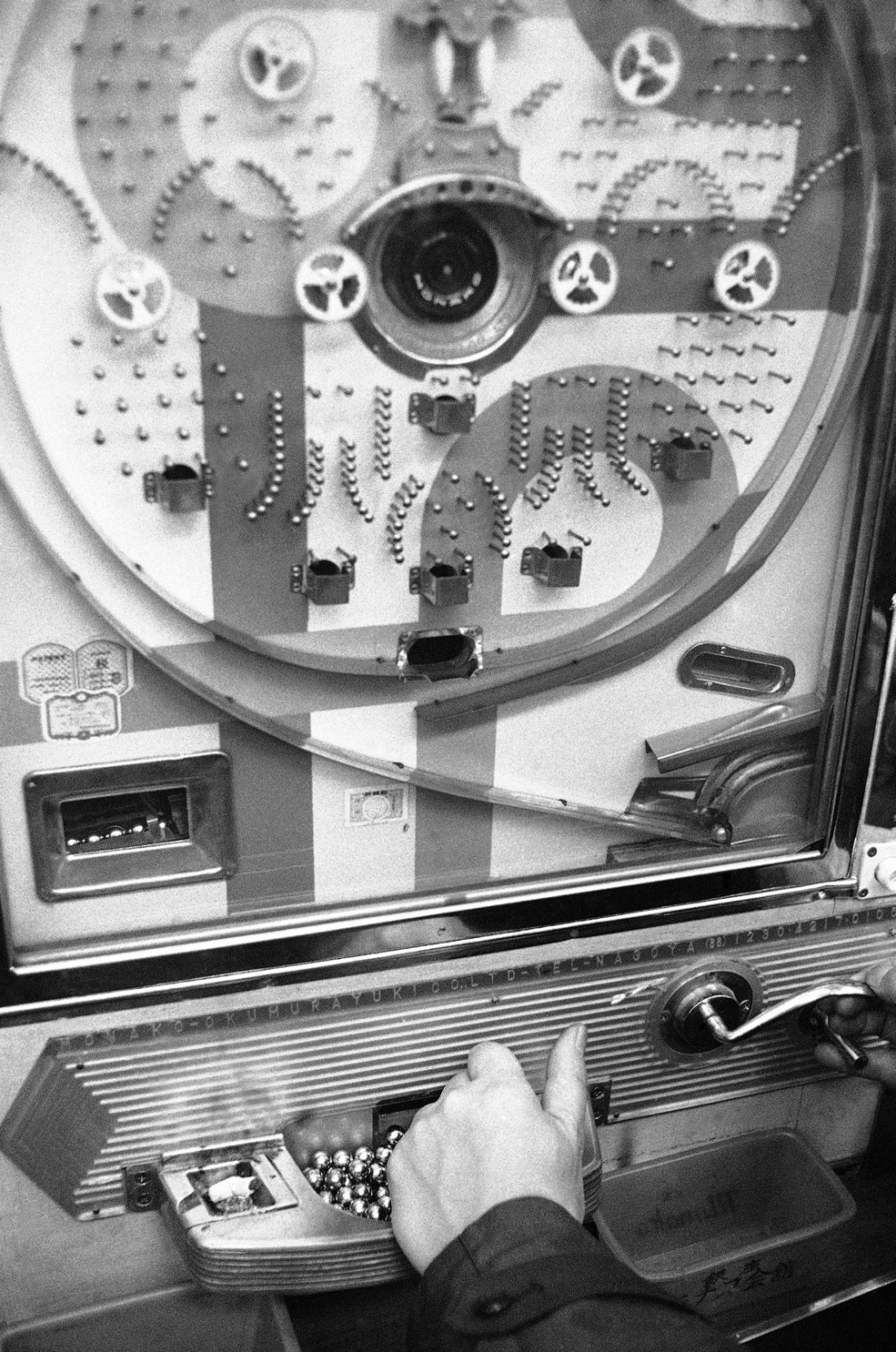
The country's modified pinball game first popped up in the mid-1940s, and its popularity quickly caught on. In the years since, Japan would come to have more than 12,500 pachinko halls across the country.
Regular players have been known to supplement their income with their winnings. The most avid ones even quit their day jobs to focus on pachinko. There, in the brightly lit, colorful halls, gamers learn tricks such as tracking new machines, which are known to offer up more wins in their first few days to entice new fans.
The Week
Escape your echo chamber. Get the facts behind the news, plus analysis from multiple perspectives.

Sign up for The Week's Free Newsletters
From our morning news briefing to a weekly Good News Newsletter, get the best of The Week delivered directly to your inbox.
From our morning news briefing to a weekly Good News Newsletter, get the best of The Week delivered directly to your inbox.
The game is not only a national obsession but also an incredibly profitable business. Japan's halls rake in four times as many earnings as all of the world's legal casino gambling, according to the BBC.
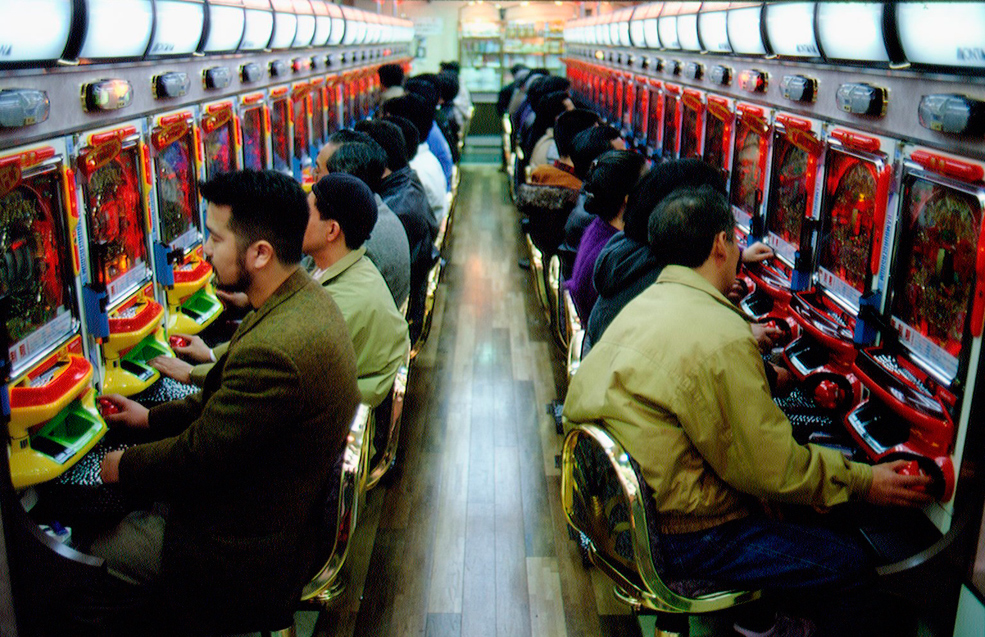
But in the face of competition from casinos, and a younger population that smokes less and increasingly uses smartphone gaming apps, pachinko's popularity has waned. The era of finishing work and heading for a parlor to sit back, zone out, and try to win big may be coming to a close.
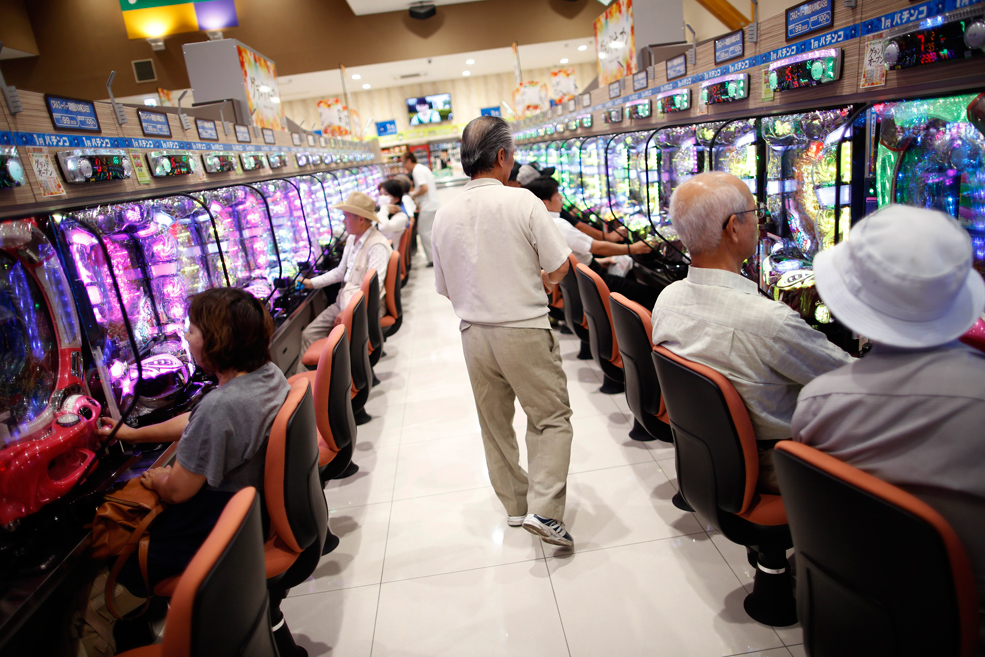
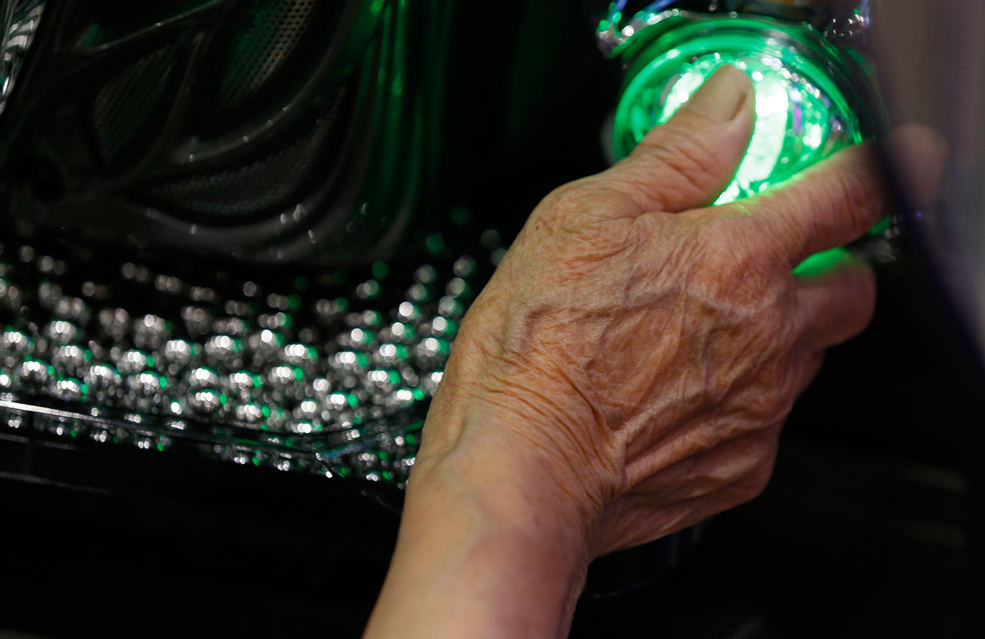
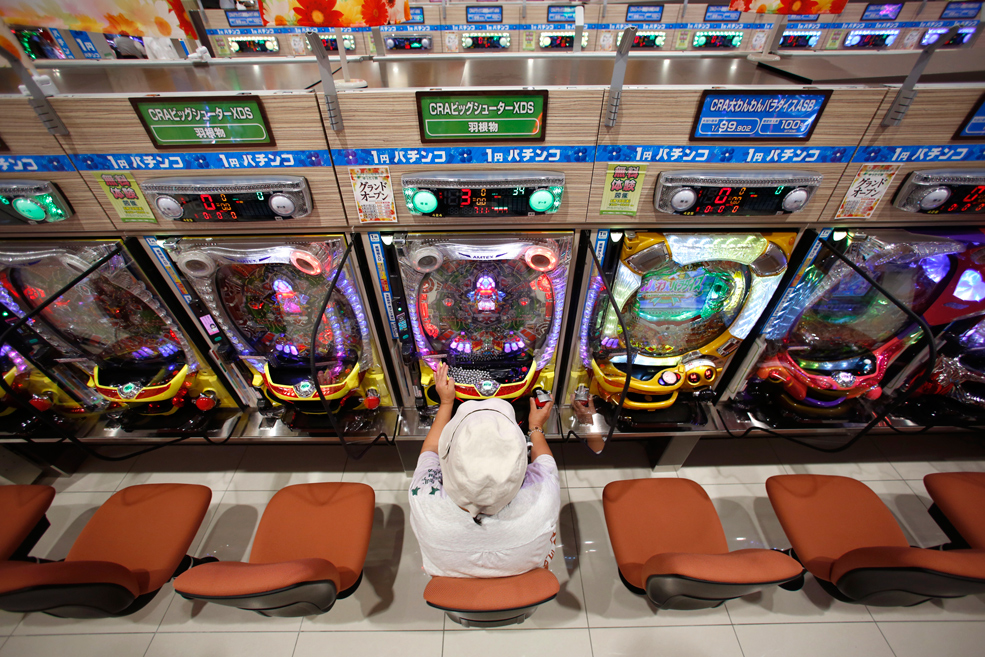
Pachinko businesses are trying to woo the next generation with the amenities younger people crave. The industry has introduced smoke-free zones to some halls. Some parlors are creating more women-friendly environments, promising quieter atmospheres, cheaper buy-ins, and even targeted prizes such as purses.
It may be too late for an industry battling back against new technologies, but when the game's a gamble, calling it quits is not an option.
A free daily email with the biggest news stories of the day – and the best features from TheWeek.com
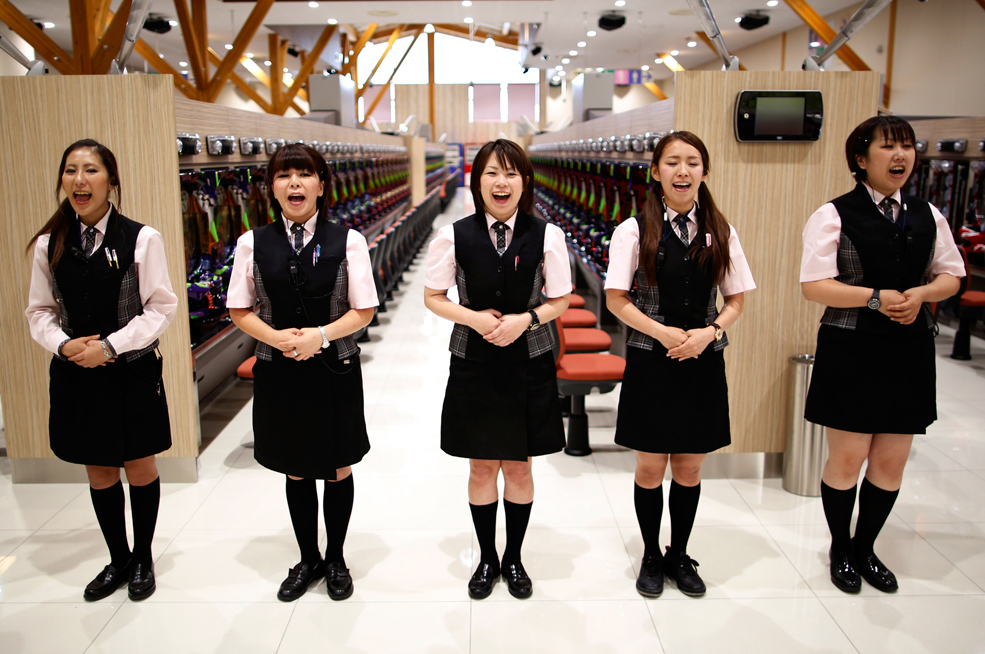
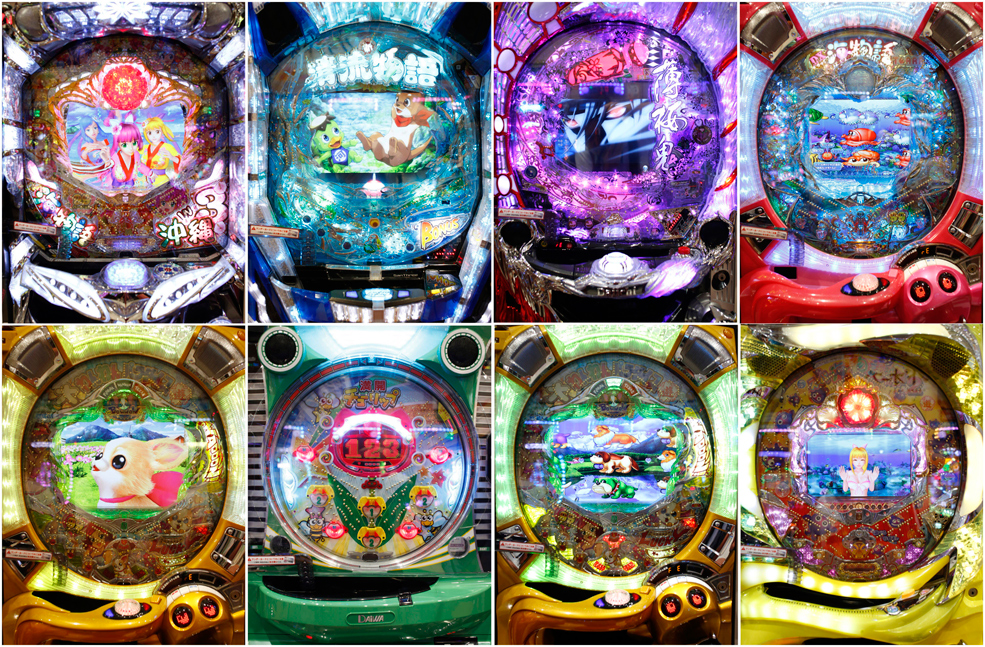

Lauren Hansen produces The Week’s podcasts and videos and edits the photo blog, Captured. She also manages the production of the magazine's iPad app. A graduate of Kenyon College and Northwestern University, she previously worked at the BBC and Frontline. She knows a thing or two about pretty pictures and cute puppies, both of which she tweets about @mylaurenhansen.
-
 What to know before filing your own taxes for the first time
What to know before filing your own taxes for the first timethe explainer Tackle this financial milestone with confidence
-
 The biggest box office flops of the 21st century
The biggest box office flops of the 21st centuryin depth Unnecessary remakes and turgid, expensive CGI-fests highlight this list of these most notorious box-office losers
-
 What are the best investments for beginners?
What are the best investments for beginners?The Explainer Stocks and ETFs and bonds, oh my


